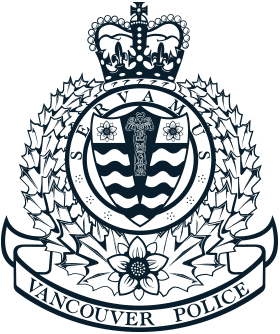Vancouver is a safe city and violent crime is not common. As in any other big city, however, thefts, pick-pocketing, and small crimes do happen.
The most common type of crime is theft. Keep a close watch on your purse, backpack, cell phone or other property when you are in public places.
On the street
- be alert – always be aware of your surroundings, and walk with confidence, with your head up
- trust your instincts
- do not leave purses, bags, suitcases or anything valuable unattended, even for a brief period of time
- tell your roommate or host family where you are going and when you will be back
- if you feel you are being followed, change direction or go to the nearest store or restaurant
- do not carry large amounts of cash, and do not show money in public – use credit or debit cards instead
- never share your PIN number or let others see it
- keep your passport in a safe place at home; if needed, carry a photocopy of your passport and other ID
- don’t go out alone or accept rides with strangers
- don’t use headphones when walking / jogging; they make it difficult to hear an approaching car or stranger
- don’t carry weapons – they are illegal and can be used against you
- don’t argue or fight if robbed – yell loudly
- addiction and mental health issues can be visible in Vancouver – if you see someone using drugs or acting strangely, do not stare, film or otherwise draw attention to yourself
Out at night
- walk on well-lit, busy streets, in the middle of the sidewalk, and preferably not alone
- avoid isolated areas where there are no other people around
- scream or yell loudly if you are attacked
- if you take a taxi, know the name of the company and the number of the taxi in case you have any problems
- the drinking age in B.C. is 19 years – two pieces of identification (one with a photo, like a passport or driver’s license, and another with your name engraved, like credit card) is required to purchase liquor or enter a bar or night club / disco
- drinking in public places, such as parks, beaches, cars or on the street, is illegal
- if you go to a bar, go with friends – you can still meet people, but will have a group to help you if you have any problems
- if you plan to drink alcohol, be sure to arrange a ride home – make sure your friends know where you live and how to get you home
- know your drinking limits – do not drink too much alcohol
- do not accept drinks from strangers or leave your drink unattended – date rape drugs are sometimes put into drinks when people are not paying attention (for more information, see our Drug-Assisted Sexual Assault web page)
- drugs such as cocaine, heroin, and nightclub drugs such as Ecstasy, love drugs and GHB are illegal
- there is an opioid crisis in Vancouver, and people are regularly overdosing and dying after taking drugs cut with fentanyl – you can’t see, smell, or taste fentanyl, so you will never know you are taking it
- do not use or possess drugs at any time – foreign students caught possessing drugs may be deported
Transit
- know your route and bus schedule before you leave, and choose busy, well-lit bus stops after dark
- sit at the front of the bus near the driver
- after 9:00 p.m., you can ask the bus driver to stop at the street closest to your destination (between bus stops); you must exit from the front door (not available on express buses)
- when on the SkyTrain, sit in a car with lots of people; move to another seat if someone bothers you
- all SkyTrain platforms have a yellow safety area monitored by cameras
- if you are harassed, use the emergency phones on the SkyTrain platform or the emergency button on the train, or call 9-1-1; for non-emergency reporting, you can text 87.77.77
Scams
Never give or loan money to a person who approaches you on the street. People will take advantage of your trust. Some examples are:
- “I need money for a hotel / bus / parking.”
- “I lost my wallet. I need money for gas for my car. I’ll pay you back tomorrow.”
- “I don’t have a bank account in the city, can you cash my $1,000 cheque at your ATM?”
Virtual Kidnapping Scam
This recent scam involves Chinese international students, who receive phone calls and are convinced the Chinese police are going to arrest them. They are told if they fake their own kidnapping, they can avoid arrest and/or clear the money they owe, and their parents have been conned into paying a “ransom.”
The Chinese police or government cannot arrest you in Canada. If you receive one of these calls, please contact your local police – even if you’re told not to. We want to help you. Learn more.
Purchases / Shopping
When you buy something, make sure that you get a receipt and are charged the right amount, and that your card is returned promptly. Never give your credit card information or copies of your card unless you are ready to buy something.
Tutors
Only use tutors authorized or recommended by your school, and never pay in advance. Watch for tutors who don’t appear to be qualified or who may seek an inappropriate relationship.
Unknown Phone Calls
Scammers often use Canada Revenue Agency (CRA), VPD, RCMP, and Immigration “arrest warrant” threats to have victims send Bitcoin. No legitimate government authority will demand Bitcoin or financial restitution over the phone.
It’s never a good idea to give out banking or credit card information to anyone who phones you.
Apartment security
- if you rent an apartment, deal directly with the landlord and pay the damage deposit directly to him or her; pay your rent with a cheque (never cash) and get a receipt immediately
- don’t let people into the building or “buzz them in” if you don’t know them; refer repair people, deliveries, and salespeople to the manager
- never hold the door open for someone you don’t know, and don’t prop doors open with the floor mat or other blocks
- look through the peephole in your door before opening it to anyone
- don’t leave notes on the door saying you are not home
- use only your last name and your first initial on the entry panel
- lock your door even if you only leave for a few minutes to go to the laundry room or pick up mail
- use locks on your windows
- get to know your neighbours
Tenancy Rights and Responsibilities
Homestays
Homestays are not covered by the Residential Tenancy Laws, but placement agencies can assist with housing or resolving any issues that may arise.
Renters
If you rent a property and sign a lease, you will be covered by the Residential Tenancy Branch laws.
Residential Tenancy Branch
Lower Mainland (604) 660-1020
Victoria (250) 387-1602
BC Toll Free 1 (800) 665-8779
Forms and services are in English. If English is not understood, renters should have someone they trust assist with translation between the tenant and landlord. If there are disputes, a trusted translator would help in dealing with the Landlord Tenancy Branch, as renters have rights and cannot be kicked out of their residence without grounds.
Relationship / sexual assault
If you want to stop a friendship, be very clear that you don’t want to see the person anymore. If they continue to bother you, tell a teacher or friend about the situation. You can tell him or her to stop. For example, say “Go away!” or “Stop bothering me!” Do not worry about hurting their feelings or being nice. If you are not clear, they might not stop.
Assault is illegal in Canada. Spouses, boyfriends and girlfriends, and roommates cannot hit one another.
Sexual Assault
Sexual assault or rape is when someone forces or pressures you to have sex or touches you in a sexual way when you do not want to be touched. Most sexual assaults happen with someone we know (a date, a friend, a housemate, a tutor, etc.), not with strangers.
You may feel embarrassed or ashamed, but rape is never your fault. Get medical treatment immediately and report it to police or a rape counsellor.
- remember, NO means NO – you have the right to say NO, no matter what has happened – be direct and assertive, and let your date know your limits clearly and firmly
- learn how to stop an unwanted sexual advance or any behaviour that makes you uncomfortable – considering going to a Women’s Personal Safety Team workshop
- if you don’t know your date well, stay in public places with other people nearby – for more safety
- tell your host family or a friend or roommate where you are going
- be prepared to find your own way home (carry money for a taxi or transit, or call someone for a ride)
More information can be found in this South Vancouver Community Policing Centre brochure Sexual Exploitation – It Can Happen to You.
Bicycling
- traffic rules for bikes are the same as for cars – obey signs and traffic signals
- don’t ride on the sidewalk or in crosswalks
- you must wear a helmet
- front and rear light are required at night
- lock your bike frame and wheel at all times to a solid bike rack (a u-lock is recommended) LINK TO BIKE THEFT page
Bank Machine / ATMs
- don’t share your PIN (personal identification number) with anyone, and use different PINs for each debit and credit card
- memorize your PIN so you don’t have to write it down and carry it with you
- don’t use personal information like your date of birth, driver’s licence number, or your address as your PIN; if you lose your ID, these may be the first numbers a thief will try to access your bank account
- be aware of any suspicious activity or overly friendly people hanging around ATM machines
Police and 9-1-1
- Call 9-1-1 (police, fire, and ambulance) if you are in trouble or see a crime in progress.
- Try to relax and tell the operator your language. Interpreters in 140 different languages are available.
- Speak slowly and clearly; help will arrive sooner if 9-1-1 knows where you are and what is happening.
- If you are a victim of a crime, no matter how small, you should report it to the police.
- See more information on reporting a crime.
Safety Video in Mandarin
The VPD and the Chinese Consulate General have partnered in making this video in Mandarin, aimed at increasing awareness among Chinese students studying in Vancouver.


